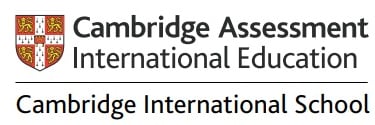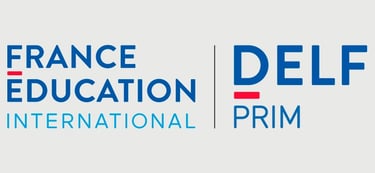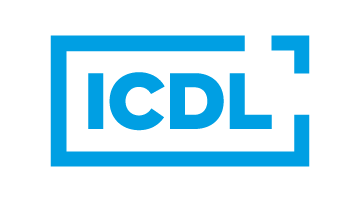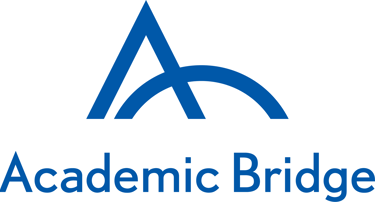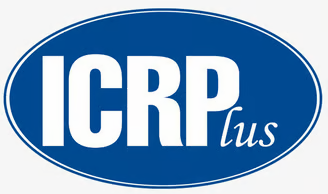In accordance with the UN Convention on the Rights of the Child, of which our country, Rwanda, is a signatory, Bright Angels International school complies with the fact that child abuse and neglect are concerns throughout the world. Child abuse and neglect are violations of a child’s rights and are obstacles to the child’s education as well as to their physical, emotional, and spiritual development.
Schools fill a special institutional role in society as protectors of children. Schools need to ensure that all children in their care are afforded a safe and secure environment in which to grow and develop, both at school and away. Educators, having the opportunity to observe and interact with children over time, are in a unique position to identify children who are in need of help and protection. As such, educators have a professional and ethical obligation to identify children who are in need of help and protection and to take steps to ensure that the child and family avail themselves of the services needed to remedy any situation that constitutes child abuse or neglect.
At Bight Angels International School all employed staff must report suspected incidences of child abuse or neglect whenever the staff member has reasonable cause to believe that a child has suffered or is at significant risk of suffering abuse or neglect. Reporting and follow up of all suspected incidents of child abuse or neglect will proceed in accordance with administrative regulations respective to this policy. Furthermore, cases of suspected child abuse or neglect may be reported to the appropriate employee (here to the School Principal who will follow-up on the matter after discussion with the school Director), to the appropriate child protection agency in the Country, and/or to local authorities.
Bright Angels International school seeks to preserve the well-being of all its students, especially for students who may be experiencing abuse or neglect in any aspect of their lives.
As such, Bright Angels International School:
will distribute this policy annually to all parents and applicants,
will communicate this policy annually to students,
will provide training for all staff and the Directors,
will make every effort to implement hiring practices to ensure the safety of children, and
will review the policy annually for compliance and effectiveness.
In the case of a staff member reported as an alleged offender, Bright Angels International School will conduct a full investigation following a carefully designed course of due process, keeping the safety of the child at the highest priority, and respecting the rights of all concerned.
SAFEGUARDING POLICY
Bright Angels International School safeguarding policy articulates the ways in which the school promotes children’s safety and well-being:
Sharing information about child protection and good practice with children, parents and careers, staff. All parents/guardians will be made aware of the child protection policy and policy will be freely available via the school’s website;
Training teachers and staff to differentiate between child protection and safeguarding concerns.
Teachers and staff will have an understanding of their roles and responsibilities in child protection and safeguarding and know who the key people are in relation to child protection and safeguarding.
Teachers and staff will identify the signs and symptoms of abuse or any concerns in relation to safeguarding.
Teaching students how they can keep themselves safe in an age-appropriate manner.
All teachers, staff, and assistants have a responsibility to promote and ensure the safety of children – Safeguarding is a shared responsibility.
Providing effective management for staff through support, supervision and training;
Having a cultural understanding regarding the handling of children and child rearing practices.
Ensuring a clear understanding of the importance of confidentiality and respect of human rights.
All teachers, assistants, and staff will engage with students in the following ways:
Develop a safe and trusting relationship.
Attend to student needs in a developmentally appropriate manner.
Interact with students in a safe and developmentally appropriate manner.
Laws governing this policy:
Article 1 of the UN Convention on the Rights of the Child
Article 2 of the African Charter on the Rights and Welfare of the Child
Rwandan Law N0. 27/2001 (revised) on Rights and Protection of the Child Against Violence and Article 3 (10) of the draft law the rights and the protection of the child.
Article 19 of Convention on the Rights of the Child
Article 16, Protection Against Child Abuse and Torture (UN CRC #19) The African Charter on the Rights and Welfare of the Child,
Article 27 of the African Charter; Sexual Exploitation
Bight Angels International School will make review of policy and procedures according to advice and recommendations of the Rwanda Education Board and the school Directors.
How is abuse and neglect defined at Bright Angels International School?
Definitions of abuse are complex and based in various cultures of child-rearing behaviors, gender and role responsibilities and expectations. The primary determination of abuse is that it is dependent on some form of a relationship that is used to meet the need of the more powerful person, either a member of the family, a teacher, or a friend. Research guides much of the definitions that are based in understanding the impact of certain behaviors.
According to the World Health Organization, child abuse constitutes, “all forms of physical and/or emotional ill treatment, sexual abuse, neglect or negligent treatment or commercial or other exploitation, resulting in actual or potential harm to the child’s health, survival, development or dignity in the context of a relationship of responsibility, trust or power.”
It is important to note that:
A person may abuse a child by inflicting harm, or by failing to act to prevent harm.
Children may be abused in a family or in an institutional (e.g. school) or community setting;
Children may be abused by individuals known to them, or by a stranger.
Often children may experience multiple forms of abuse simultaneously, further complicating the problem.
Most child abuse is inflicted by someone the child knows, respects or trusts.
These symptoms could also indicate harm to self, such as, cutting and suicide ideation
Source: World Health Organization
There are various forms of abuse, namely physical, sexual, emotional, and neglect. Sexual and commercial exploitation and peer on peer abuse are all recognized by Bright Angels International School as forms of abuse.
The people responsible for child protection at Bright Angels International School for the academic year 2019-2020 are:
Director – Madam NYIRIMANA FRANCINE
SCHOOL PRINCIPAL – Madam NYAMOGA BAHATI JUDITH
Policy adopted: January, 2020
Policy next review: Early September 2020
Sources:
Amnesty International Unofficial Summary of the UN Rights Convention of the Child: http://www.amnestyusa.org/convention-on-the-rights-of-the-child/unofficial-summary/page.do?id=1101782&n1=3&n2=78&n3=1272
UN Convention on the Rights of the Child: http://www.crin.org/docs/resources/treaties/uncrc.asp#Nineteen
AISA Child Protection Manual http://www.aisa.or.ke/resourcing/child-protection
International Task Force on Child Protection http://www.icmec.org/education-portal/
Child Protection Policies and Programs in Rwanda, Rwanda Civil Society Platform and Africa Platform for Social Protection
Safeguarding & Child Protection Policy and Procedures; Greenwich and Lewisham Children’s Theatre, UK
Child Protection and Safeguarding Policy; Oxfordshire County Council, UK
Group discussions of Bright Angels International School Management Team.
Child Protection and Safeguarding Policy
CHILD PROTECTION POLICY
-YD05zqjGzxT5GNQw.png)
-YD05zqjGzxT5GNQw.png)
-A1aNj8D5poCzRkVW.png)
-A1aNj8D5poCzRkVW.png)
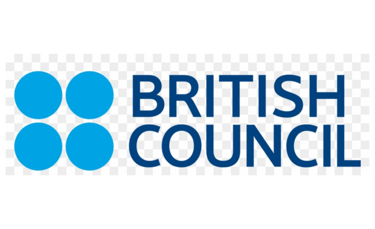

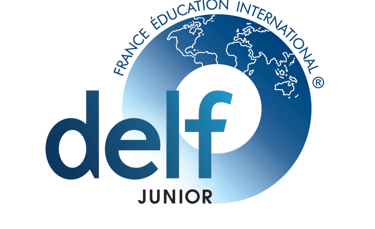

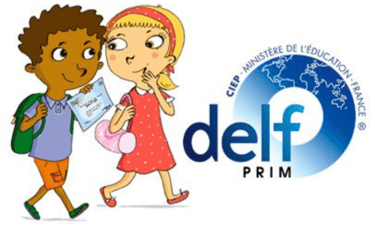

-YD05zqjGzxT5GNQw.png)
-YD05zqjGzxT5GNQw.png)

